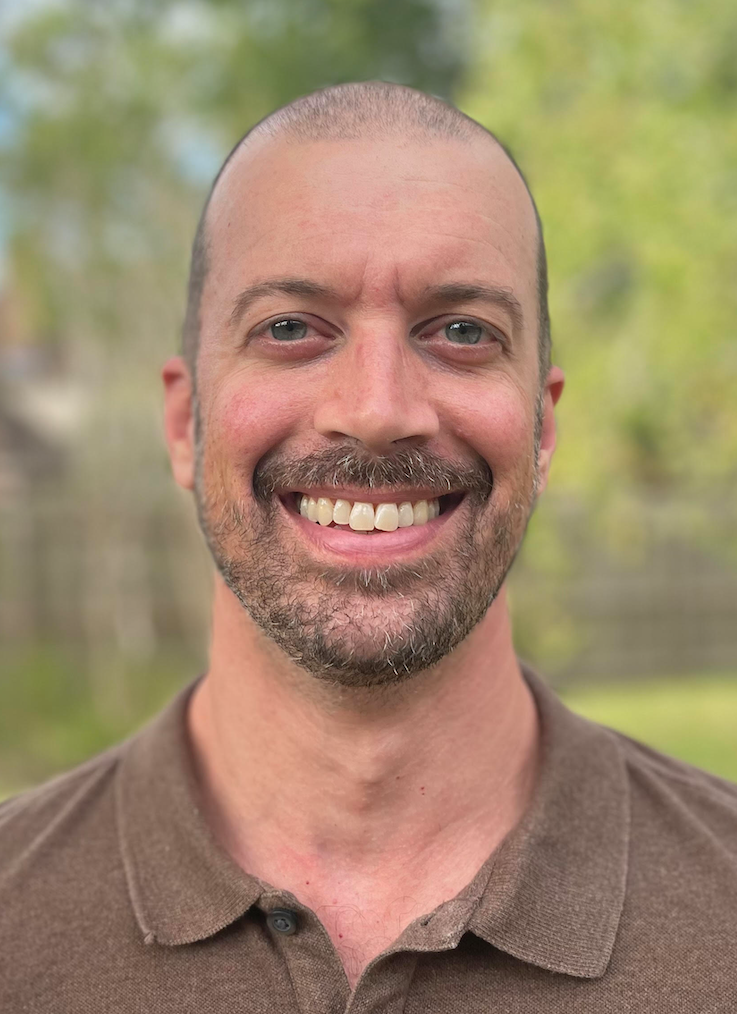Many people who struggle with alcohol and drug addiction readily admit that their behavior is destructive and harmful. At certain times they might admit that their addiction is causing themselves emotional, physical, or financial harm, but often those same people have difficulty acknowledging the harm their addiction is doing to their families.
Even though the individual who is active in addiction might say things like, “I’m only harming myself” or “It’s no one else’s business”, the truth is addiction to drugs and alcohol has a profound effect on the loved ones of an alcoholic or addict. There is a lot of pain and suffering that comes from being close to someone with a substance use disorder. Often the closer the relationship, the greater the effect. The following is a short list of potential effects of addiction on the family.
Financial
Addiction is a compulsive substance-seeking behavior, and people suffering from addiction often find themselves in financial trouble because they use the money they have on alcohol or drugs. This often leads to the family footing the bill for an apartment, car, lawyer, food, or hospital stay. This will happen over and over again until the individual is able and willing to seek help for their addiction. Even then the family is often the ones paying for treatment, and sometimes multiple treatment stays.
Maybe the person with addiction is the breadwinner of the family. If they repeatedly squander their income or savings on drugs and alcohol, they may leave little or none for their spouse and children. This leads to hunger, poverty, and homelessness not only for the person in addiction, but for family members as well.
Emotional
There are a lot of emotional effects of addiction on the family. Family members can grieve lost loved ones, get angry at the latest betrayal, and feel confused or bewildered at the lack of control in their lives. The emotional effects of addiction on the family run the gamut and often never let up. The loss of trust, the dishonesty, the sense that “They must love it more than he loves us”, can be unbearable.
Mental
Family members of those suffering from addiction often develop their own mental illnesses or disorder. Depression, anxiety, codependency, and self-esteem issues are all very common with those closest to addicts and alcoholics. Children are often traumatized by the addictive behavior of their parents or a lack of parental support. Generational trauma due to addiction can effect families for generations. Deaths by overdose and suicide are common with people in addiction, and the effects on the family in those circumstances have massive and lasting consequences.
Due to the nature of addiction, the compulsive drug-seeking behaviors often lead to dishonesty, lying, or “gaslighting” in order to continue to use. Constant denials like “That’s not mine, I don’t know where that came from”, “I’m not high”, or “How dare you not trust me” can cause a family member to doubt their own eyes and evidence, and eventually their own sanity. In some instances, an intervention may be needed to help an addict ‘open their eyes’.
Physical
Unfortunately physical harm is also an effect of addiction on the family. Impaired driving can cause accidents and death. Physical abuse and neglect can happen when drunk or high. Children can find drugs and alcohol and accidental overdoses can occur.
Relational
One of the most common forms of harm caused by the effects of addiction on the family is relational. When a loved one struggles with alcohol or drug addiction, their relationships with those closest to them seldom improve or stay the same. Often there is a loss of trust, divorce, children want nothing to do with their parents, parents cutting off their children. Friendships are broken and employments are terminated.
The effects of addiction on the family are numerous and significant. Addiction can cause lasting mental and emotional disorders on people who have never, or will never, use drugs or alcohol. Just witnessing the use is enough. Wives and children can develop mental disorders and trauma. Parents and siblings can lose life-savings or years off their lives from worry. Luckily there is treatment for families as well as those individuals suffering from active addiction. If you have a family member or friend who is struggling with substance abuse they can seek help. And so can you. Social support groups like Al Anon exist solely to help the family of an addict or alcoholic. Substance abuse treatment centers like Bay Area Recovery Center integrate Family Sessions and Family Counseling into client’s treatment plans.
Addiction doesn’t only hurt the individual, it also hurts the family. Bay Area Recovery Center has licensed clinicians on staff that can help not only those in active addiction, but the family members effected by the use as well.
